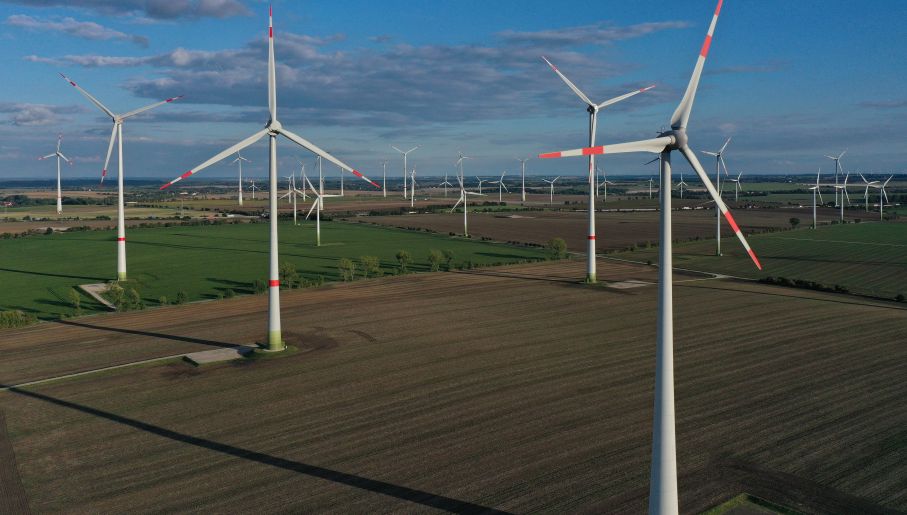Britain on Thursday unveiled measures to increase energy security and reduce emissions, but detractors claimed the country’s green energy sector received no significant boost due to a lack of new investment and incentives.
The U.S. $369 billion Inflation Reduction Act (IRA), which offers green subsidies, has been welcomed by Britain’s net zero startups and producers of renewable energy, but the government has said that response won’t come until the fall.
Grant Shapps, the minister for energy security, stated that the 1,000 pages of data released on Thursday were mostly concerned with energy security, a major concern following the crisis in Ukraine.
Since Russia attacked Ukraine last year, wholesale petrol and electricity costs in Europe skyrocketed, and since October, the British government has been subsidizing home and commercial energy bills.
“We want complete independence from that and that is the key to what I’m doing today,” Shapps told LBC Radio.
Read Also: pacific-islanders-hail-un-vote-on-climate-justice
He highlighted nuclear plans, which include backing small modular reactor power plants, and using hydrogen to generate clean electricity, to help secure domestic energy production.
There were also further details on a raft of previously announced schemes such as funding for offshore wind, carbon capture, speeding up planning processes for solar and offshore wind projects, rolling out more electric vehicle charging points, and encouraging heat pumps in homes.
But the opposition Labour Party said the Conservative government should be responding to the IRA.
“What was billed with huge hype as the government’s ‘green day’ turns out to be a weak and feeble groundhog day of re-announcements, reheated policy, and no new investment,” said Labour’s climate and net zero spokesmen, Ed Miliband.
Environmental campaign group Greenpeace said the government’s energy plans were not going far or fast enough to tackle climate change.
Story adapted from Reuters
